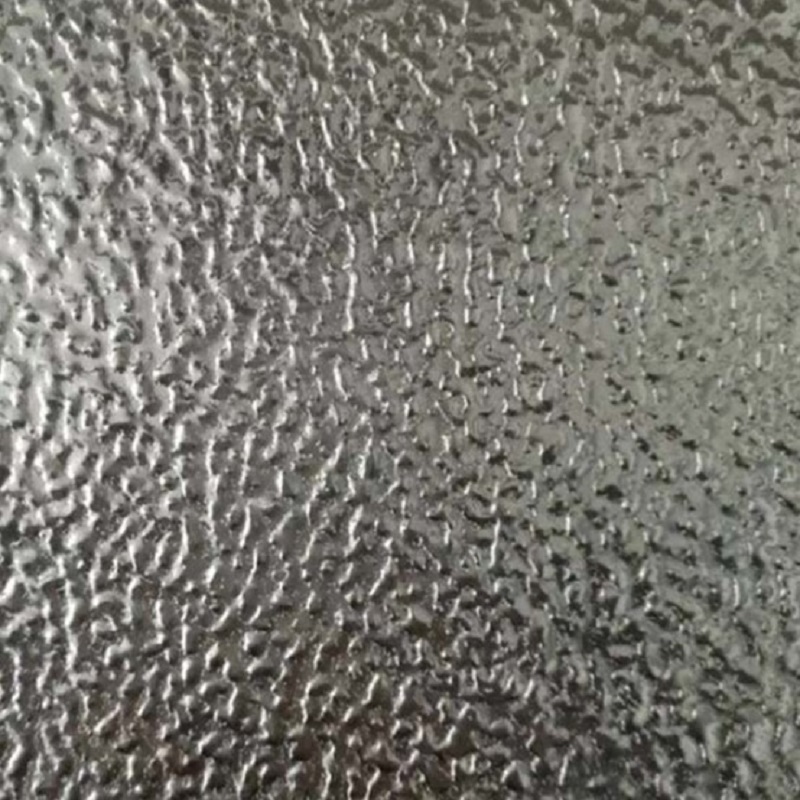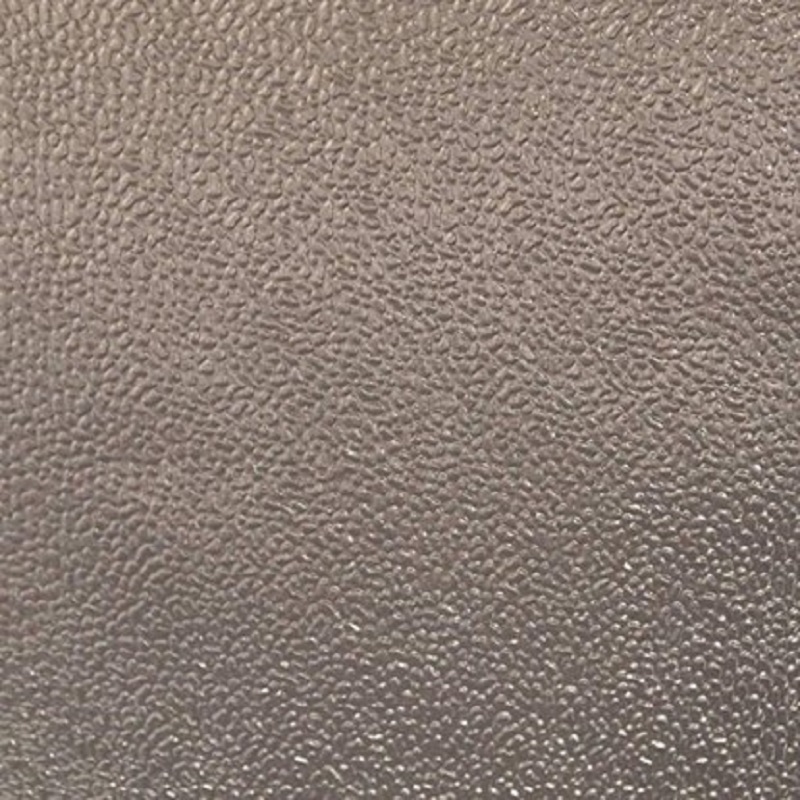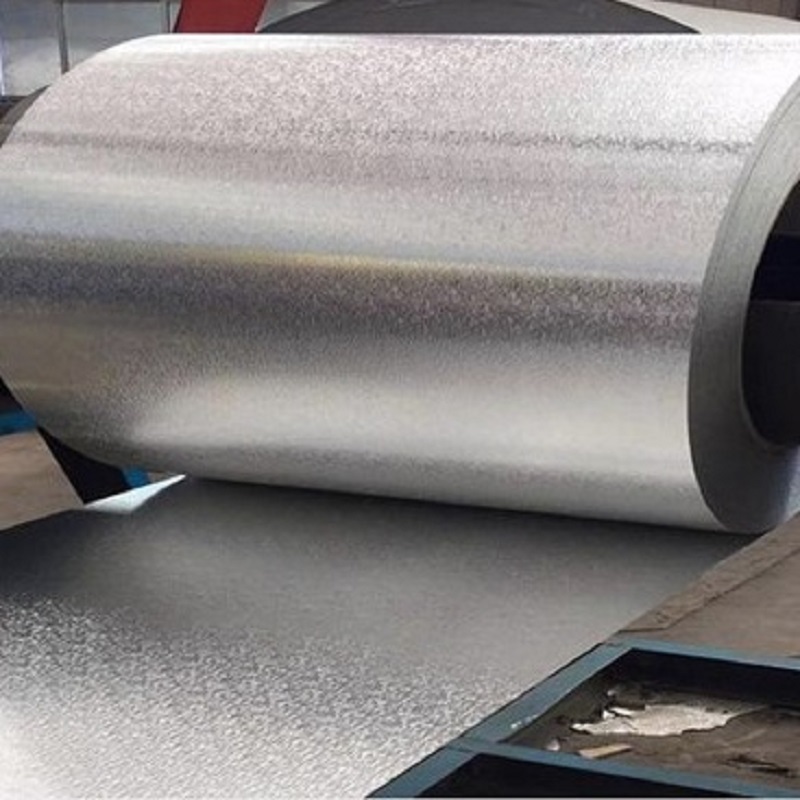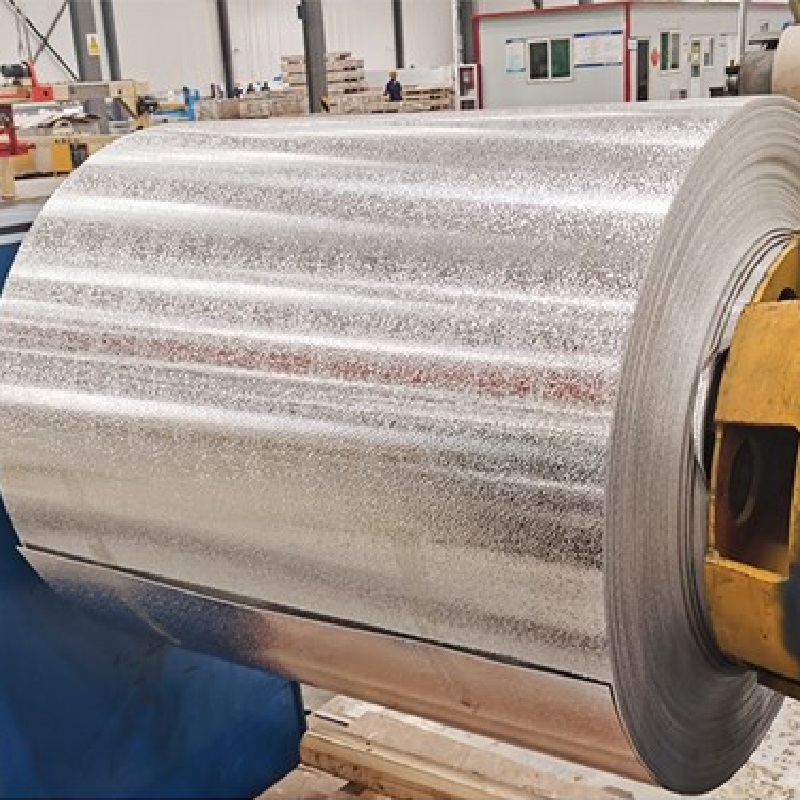
Embossed Aluminum Foil, also known as Stucco aluminum foil, is used for aluminum jacketing. The embossed surface can hide the small physical damage during the installation, reduce the reflectivity, and increase the mechanical strength of the foil.
Manufacturing Process
The production of embossed aluminum foil involves several key steps:
- Casting and Cold Rolling: Aluminum ingots are processed through casting and cold rolling to produce aluminum foil of the desired thickness.
- Annealing: This step improves the ductility and formability of the aluminum foil, preparing it for the embossing process.
- Embossing: The foil is passed through an embossing machine that impresses various patterns onto its surface. The rollers on the machine are engraved with different designs, which are transferred onto the aluminum foil.
- Surface Treatment: To enhance corrosion resistance and gloss, the embossed aluminum foil often undergoes surface treatments such as oxidation or coating.
- Embossing Depth Control: Precise control of embossing depth is crucial, as it affects the clarity of the surface textures and the mechanical properties of the foil.

Applications
- Embossed aluminum foil finds application in a variety of sectors due to its unique properties:
- Packaging: It is used in candy, chocolate, and other food packaging due to its decorative properties and anti-slip characteristics.
- Construction: In the construction industry, it is used for pipe insulation and laminated insulating boards, where its textured surface enhances insulation performance.
- Solar Panels: Embossed aluminum foil is used to improve light reflectivity and thermal management in solar panels.
Texture Patterns
Orange Peel embossing, hemisphere embossing,cobblestone embossing
Alloy Designation
1060, 1100, 3003, 5052, 8011.
Temper: HO, H14, H24, H26, H32
Size Range
Thickness range 0.06-1.1mm
width range 50-1250mm;




1/1




